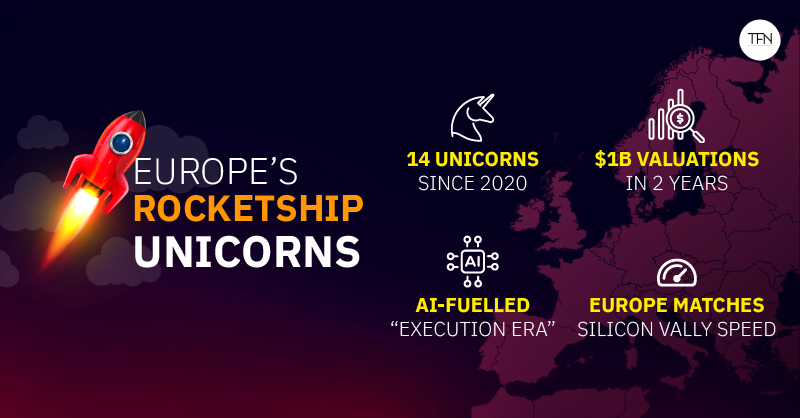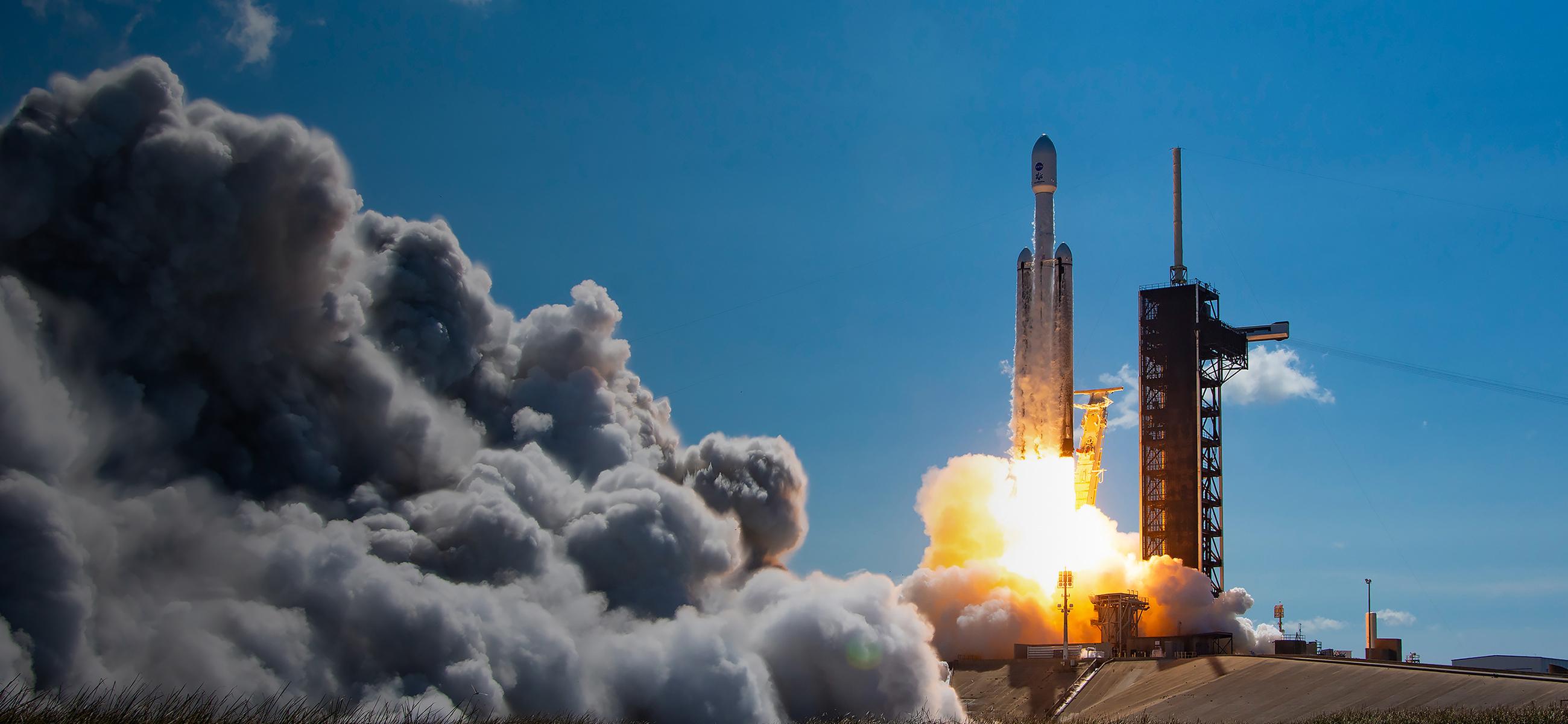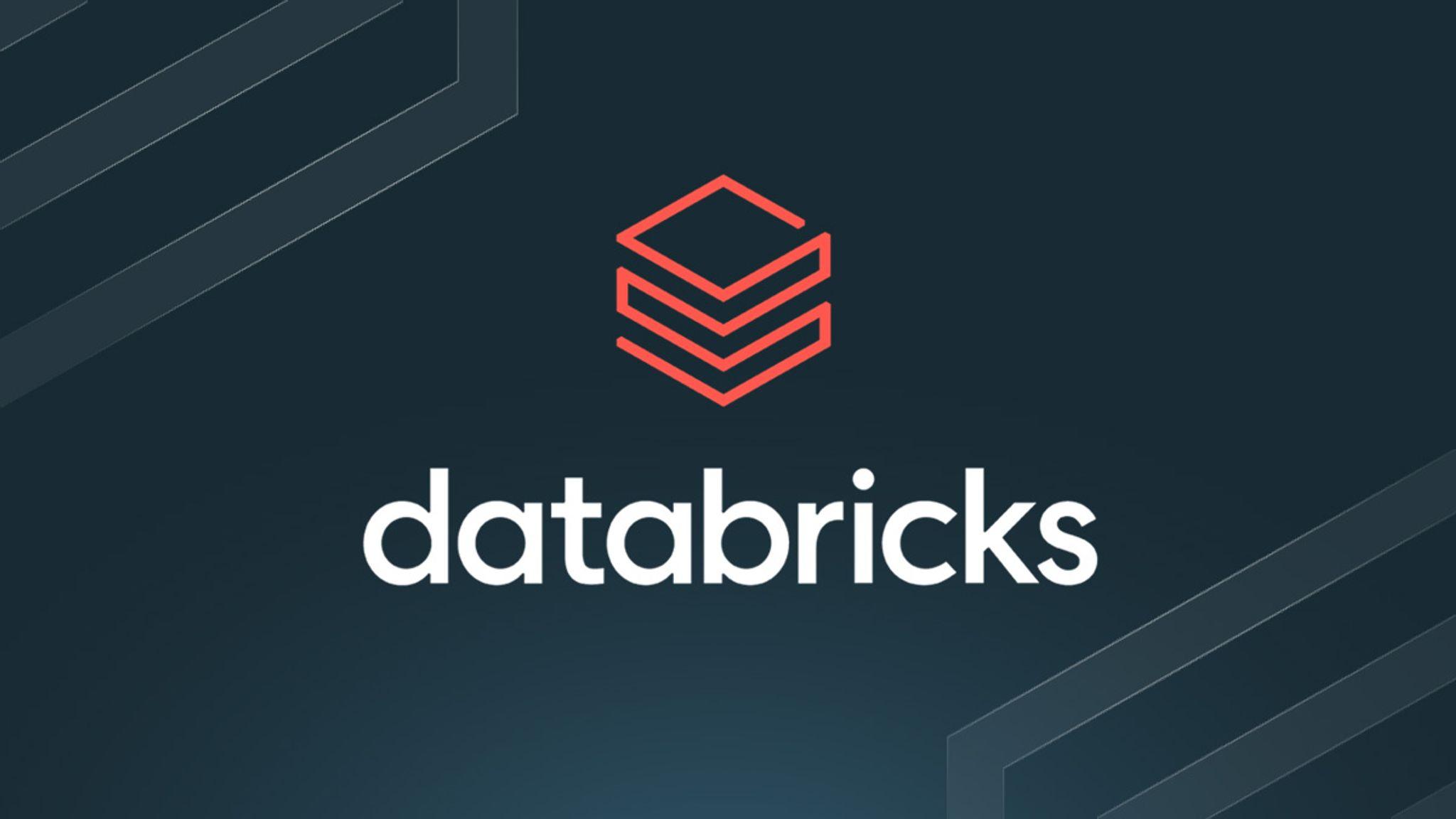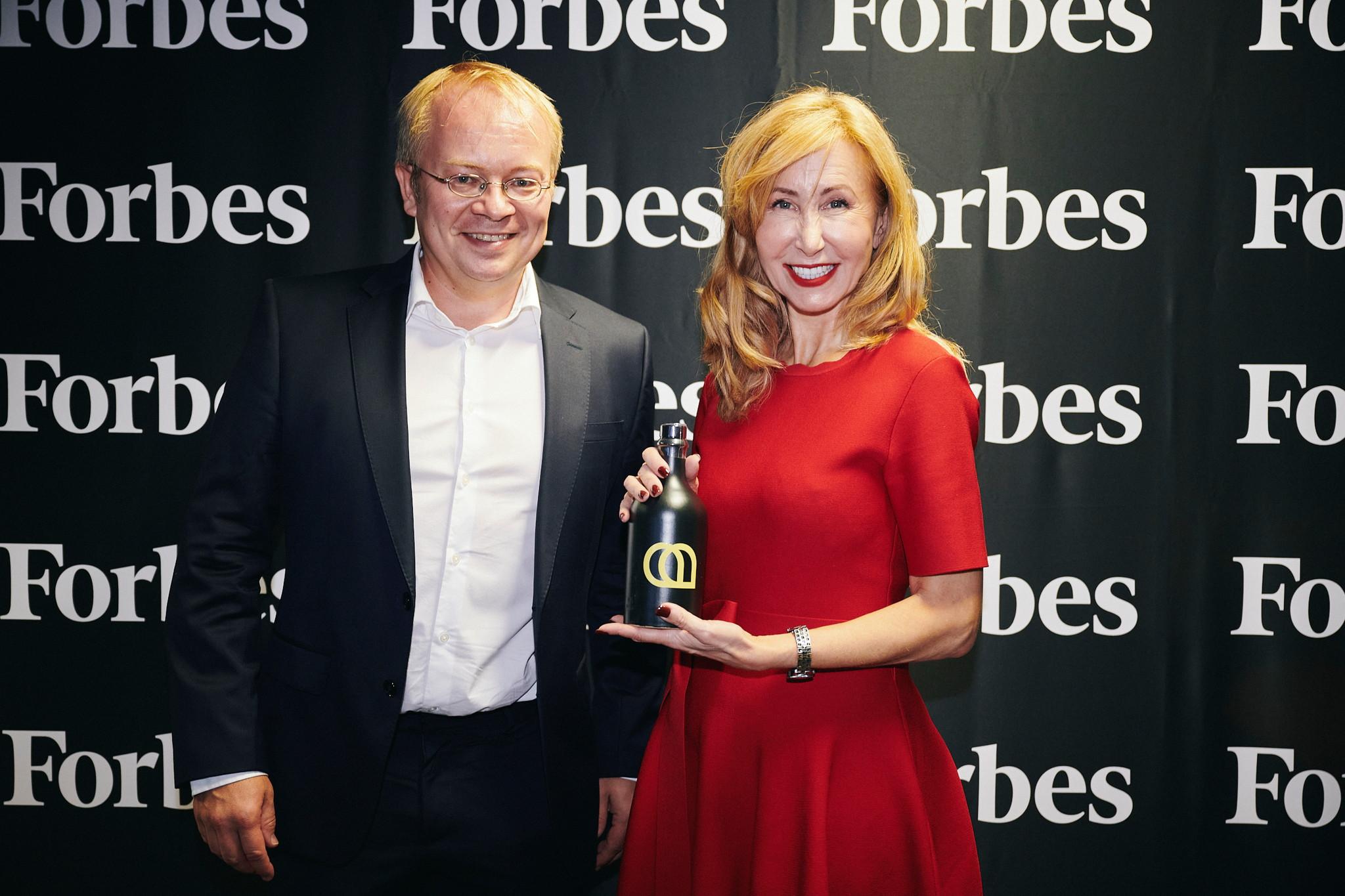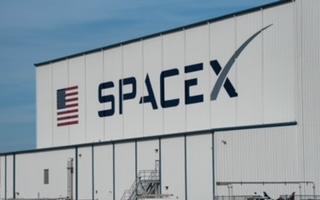
Europe's Execution Era: Rise of Rocketship Unicorns
Europe's Execution Era: Rise of Rocketship Unicorns
Europe is experiencing a revolutionary transformation in its startup ecosystem, marked by the emergence of "rocketship unicorns"—companies achieving billion-dollar valuations with unprecedented velocity. This seismic shift represents a fundamental reimagining of European tech capabilities, with startups like Lovable, Mistral, Helsing, and ElevenLabs leading the charge. These companies are redefining what's possible on the continent, fueled by artificial intelligence and spearheaded by technically sophisticated founders who are transforming Europe's potential to rival Silicon Valley's legendary growth pace.
A Fundamental Transformation in European Technology
The data reveals a stunning acceleration in European startup development. According to comprehensive research findings from the report "The Era of Execution: Europe's New Tech Founders 2025," European startups have dramatically reduced their time to unicorn status from over seven years to just two years, directly mirroring the acceleration patterns traditionally associated with American tech companies. This transformation is fundamentally driven by artificial intelligence, with an overwhelming 93% of founders acknowledging AI's critical role in enhancing operational speed and efficiency across all aspects of their businesses.
The acceleration is not merely incremental—it represents a quantum leap in European startup capabilities. Fourteen European rocketship unicorns have achieved billion-dollar valuations in record time, completely shattering previous expectations and establishing new benchmarks for the continent's tech ecosystem. This pace rivals Silicon Valley's historical achievements, marking a momentous shift that positions Europe as a formidable competitor in the global technology landscape.
Technical Expertise Driving Innovation
The foundation of this remarkable growth lies in a spectacular transformation of founder demographics. Since 2022, an impressive 90% of unicorn founders have emerged from technical backgrounds, representing a dramatic increase from just 26% before 2020. This shift surpasses even the United States rate, demonstrating Europe's growing technical sophistication. Between 2023 and 2025, the number of AI engineers transitioning into entrepreneurial roles has increased by an astounding fourteen times, creating a powerful pipeline of technically proficient visionaries.
Europe's prestigious academic institutions serve as crucial talent incubators in this transformation. Universities like Cambridge, KTH Royal Institute of Technology, and École Polytechnique are not merely educational institutions but active breeding grounds for the next generation of technical founders. These academic powerhouses are nurturing companies like ElevenLabs, Lovable, Neko Health, and Mistral, creating a robust pipeline that transforms academic learning into tangible technological innovations.
Artificial Intelligence as the Great Accelerator
Artificial intelligence has emerged as the definitive catalyst for this unprecedented acceleration. The research reveals that AI-generated code now accounts for 40% of production in these rocketship companies, representing a threefold increase since 2020. Perhaps most significantly, AI tools are instrumental in crafting 85% of startups' Minimum Viable Products, fundamentally altering the development timeline and reducing barriers to market entry.
This technological integration allows European startups to maintain competitive parity with their American counterparts despite traditional fundraising disparities. The strategic deployment of AI tools has leveled the playing field, enabling European founders to focus on execution speed rather than purely capital accumulation, creating a more sustainable and efficient path to growth.
European Venture Capital and Investment Ecosystem
The transformation is strongly supported by a robust European venture capital ecosystem. European venture capital firms provide 67% of rocketship funding, demonstrating the continent's growing financial independence and investment sophistication. Notable firms like Accel are leading funding rounds and supporting multiple unicorns, propelling startups to achieve revenue milestones up to ten times faster than previous generations of companies.
Early-stage companies in European portfolios are consistently defying expectations, achieving revenue milestones at speeds three times faster than just a few years ago. This acceleration demonstrates the synergistic relationship between capital availability, technical expertise, and market demand that characterizes the current European startup environment.
Geographic Shifts and Emerging Challenges
The European tech landscape is experiencing significant geographic redistribution of innovation centers. While London historically dominated as the continent's primary tech hub, it now faces unprecedented competition from thriving ecosystems in Stockholm, Paris, and Berlin. Remarkably, London has produced only one rocketship unicorn in the past five years, while other European cities are generating multiple fast-scaling companies.
This geographic shift reflects complex underlying factors including post-Brexit realities affecting talent access, varying levels of government support across different regions, and the concentration of certain industries in specific locations. The city's traditional strength in fintech may actually be limiting its participation in the AI-driven growth that's propelling other cities forward.
Diversity and Inclusion Challenges
Despite rapid growth and technical advancement, significant challenges remain in founder diversity. The current ecosystem shows a concerning lack of women founders, highlighting the urgent need for broader inclusivity in European tech leadership. Additionally, Europe lags behind the United States in leveraging corporate innovation pipelines, with only 30% of rocketship founders coming from established tech company backgrounds compared to 50% in America.
This gap underscores the need for deeper integration between emerging startups and established technology giants, creating pathways for experienced professionals to transition into entrepreneurial roles while bringing valuable corporate expertise to new ventures.
The "Lovable Effect" and Cultural Transformation
Among these dynamic changes, Lovable stands as Europe's fastest-growing software company, fundamentally reshaping expectations about what's achievable within European markets. This phenomenon, termed the "Lovable Effect," represents a crucial cultural shift where European founders prioritize operational speed and innovation over traditional metrics like funding size or market positioning.
This transformation signifies a broader evolution in European entrepreneurial mindset, where execution velocity has overtaken fundraising as the primary focus for ambitious startups. Companies are proving that rapid scaling is not only possible in Europe but can rival achievements anywhere in the world, creating a new narrative of European technological capability and ambition.
Europe's Confident Technological Future
The comprehensive analysis reveals Europe's readiness to compete vigorously on the global technology stage. European founders are increasingly prioritizing fast execution over traditional success metrics, creating a sustainable competitive advantage based on operational excellence rather than purely financial resources. This approach has enabled European startups to achieve remarkable growth despite having access to smaller funding rounds compared to their American counterparts.
The continent's emerging tech narrative emphasizes rapid growth, operational excellence, and an ambitious future that rivals any global technology ecosystem. With artificial intelligence serving as both catalyst and competitive advantage, combined with a growing pipeline of technical founders from world-class academic institutions, Europe is positioning itself as a formidable force in global technology innovation.
As this transformation continues, Europe's startup ecosystem demonstrates that geographical location is no longer a limiting factor for achieving rapid scale and global impact. The Execution Era represents more than just faster growth—it embodies a fundamental shift toward efficiency, technical excellence, and strategic execution that promises to sustain European competitiveness for years to come.
